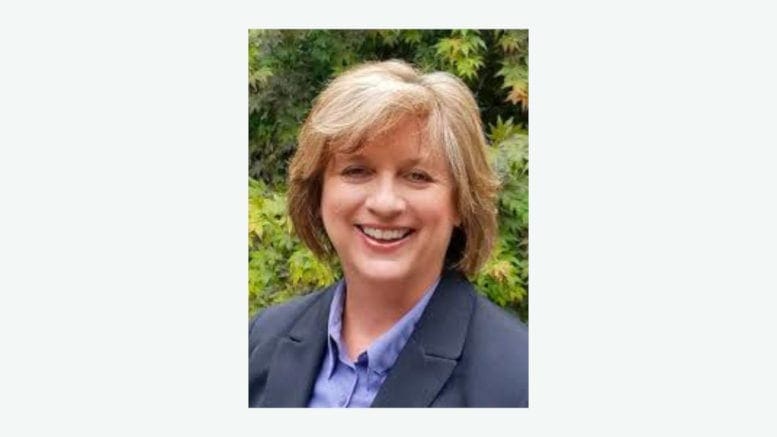By Melanie Dallas, LPC
Each December, I write a ‘year in review’ column highlighting our agency’s accomplishments and changes during the previous calendar year. But Highland Rivers Behavioral Health also operates on a fiscal calendar, which runs from July 1 through June 30, the same as the State of Georgia’s fiscal year. So as we begin our new fiscal year, I wanted to look back at one of the biggest changes to our agency that took place one year ago, on July 1, 2022: the consolidation of Cobb County Community Services Board into Highland Rivers Behavioral Health.
As you may recall, Cobb County CSB was the second agency to become part of Highland Rivers in 2022; Haralson Behavioral Health Services joined Highland Rivers on January 1. The Haralson agency had functioned for years as a one-county behavioral health provider, competently and professionally serving the citizens of the Haralson County community – which it continues to do today as part of Highland Rivers.
With the addition to this Haralson Behavioral Health, Highland Rivers gained 20 new team members, an outpatient clinic, a day program for individuals with intellectual and developmental disabilities, as well as several community-based services (some of which had already been provided in Haralson County in partnership with Highland Rivers).
The addition of the Cobb agency was a much bigger change. For one thing, Cobb County is the third most populous county in Georgia, with more than 760,000 residents. And geographically, our service area now extends from the Atlanta city limit to the Tennessee state line (and the Alabama state line on the west side) and includes rural, suburban and urban communities.
The Cobb consolidation also added more than 200 team members and nine new facilities: an outpatient clinic, a crisis stabilization unit (the Behavioral Health Crisis Center), two youth clubhouses, residential treatment facilities for both women and youth, a specialty services building, an IDD day program, and an administrative office building.
As the three agencies were combined, we adopted the name Highland Rivers Behavioral Health (we were formerly Highland Rivers Health) as well as a new logo and new signage at all our facilities throughout our now 13-county service area. We became one of the largest community service boards in Georgia, with a budget of approximately $80 million and 900 staff.
During this transition, we also worked hard to retain as many staff as possible at both the agencies that joined Highland Rivers. Program managers and other leaders were asked to remain in their positions if they wanted, and three Cobb County staff joined the combined agency’s executive team.
Other changes included an expansion of our governing board, from 14 to 18 members, with four seats added for representatives of Cobb County (due to our partnership with Haralson Behavioral Health, Haralson County already had a representative on our governing board). Combining the ‘back office’ functions, IT, human resources, billing, finance and so on, was one of the biggest challenges, but as we enter the new fiscal year, all of that has been consolidated.
We’ve made other changes as well. Recently we renovated the largely-unused Cobb administration building into a youth outpatient clinic and clubhouse, and are planning a capital campaign to develop a new facility for the Mothers Making a Change women’s treatment and recovery program.
A year on from the Cobb consolidation – and a year-and-a-half in the case of Haralson – we have more than ever do to, and more people in need of services. But things are also settling down; our combined agency is finding cohesion within our shared sense of purpose. Change can be challenging indeed. But in this case, change can also be very good.
Melanie Dallas is a licensed professional counselor and CEO of Highland Rivers Behavioral Health, which provides treatment and recovery services for individuals with mental illness, substance use disorders, and intellectual and developmental disabilities in a 13-county region of northwest Georgia that includes Bartow, Cherokee, Cobb, Floyd, Fannin, Gilmer, Gordon, Haralson, Murray, Paulding, Pickens, Polk and Whitfield counties.

